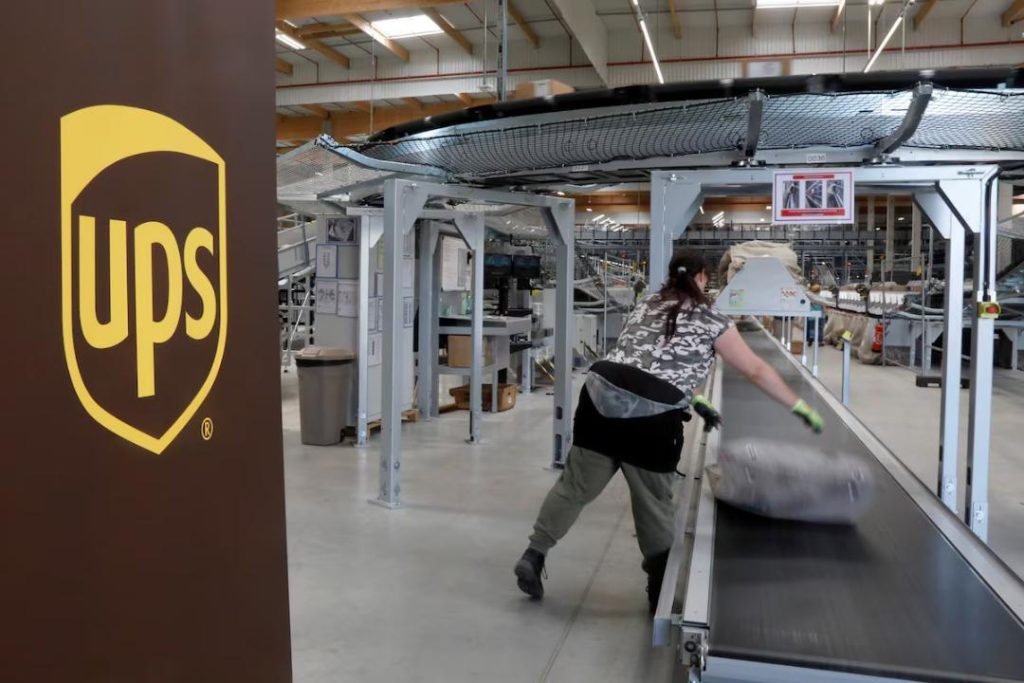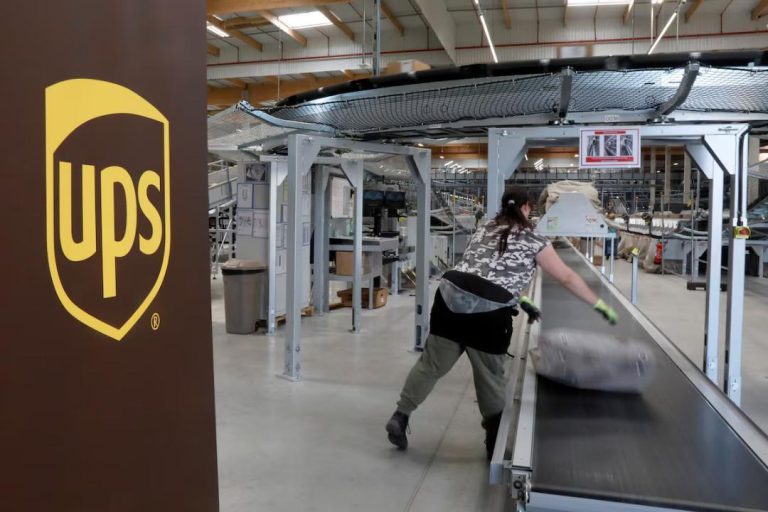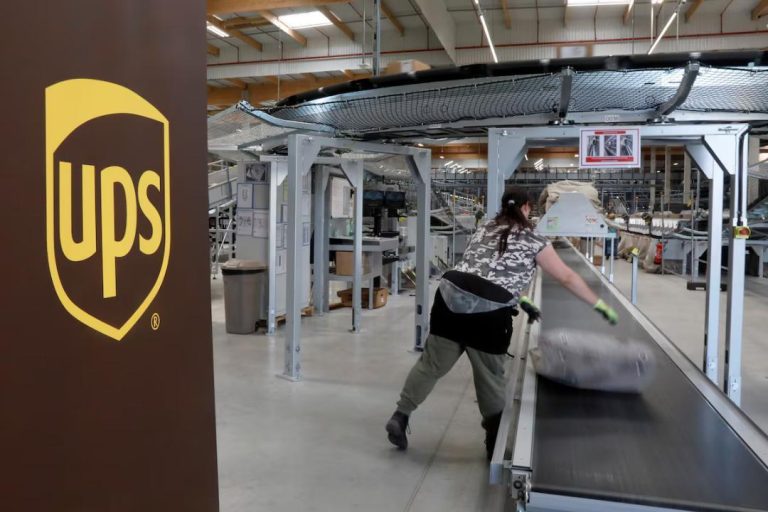
UPS to Cut 20,000 Jobs to Lower Costs & Prepare for Potential Pullback from Amazon
In a move aimed at reducing costs and preparing for a potential shift in its business dynamics, United Parcel Service (UPS), the world’s largest package delivery firm, has announced plans to cut 20,000 jobs. The company will also be shutting down 73 facilities across the globe to achieve its cost-cutting goals.
The job cuts, which are expected to be implemented over the next few years, will primarily affect administrative and managerial positions, as well as some operational roles. The company has cited the need to reconfigure its network and reduce costs across its business as the primary reason for these drastic measures.
According to a statement released by UPS, the company’s CEO, Carol Tome, emphasized that the actions being taken are “timely” and necessary to ensure the company’s future success. Tome noted that the changes are designed to position UPS for long-term growth and profitability, despite the challenges posed by the evolving logistics landscape.
One of the primary factors driving UPS’s decision to cut jobs and reduce costs is the potential pullback from its largest customer, Amazon. In recent years, Amazon has been increasingly investing in its own logistics capabilities, which has led to concerns among industry observers that the e-commerce giant may reduce its reliance on third-party logistics providers like UPS.
While UPS has not confirmed that Amazon is the primary motivator behind its job cuts and facility closures, the company’s move is widely seen as a strategic response to the changing dynamics of the logistics industry. As Amazon continues to expand its logistics capabilities, UPS is seeking to diversify its customer base and reduce its dependence on a single major customer.
The job cuts and facility closures are part of a broader effort by UPS to streamline its operations and reduce costs. In addition to eliminating administrative and operational positions, the company is also implementing various cost-saving measures, including the consolidation of facilities and the renegotiation of contracts with vendors and suppliers.
Industry analysts have praised UPS’s decision to take proactive steps to address the challenges posed by the changing logistics landscape. In a statement, David Ross, an analyst with the financial services firm, JPMorgan, noted that UPS’s move is “a necessary step” to ensure the company’s long-term competitiveness.
“While the job cuts and facility closures are certainly significant, they are also a necessary step in UPS’s efforts to adapt to the evolving logistics landscape,” Ross said. “By reducing costs and improving its operational efficiency, UPS is positioning itself for future growth and profitability.”
The impact of the job cuts and facility closures on UPS’s employees is likely to be significant. The company has committed to providing support to affected employees, including outplacement assistance, career counseling, and training programs designed to help them transition to new roles within the company.
In addition to its efforts to reduce costs and improve operational efficiency, UPS is also investing in new technologies and services designed to enhance its customer experience and improve its competitiveness in the market. The company has been expanding its capabilities in areas such as e-commerce logistics, supply chain management, and sustainability.
As the logistics industry continues to evolve, UPS is well-positioned to adapt to changing market conditions and customer needs. While the job cuts and facility closures may be difficult for the company’s employees, they are also a necessary step in UPS’s efforts to ensure its long-term success and competitiveness.




